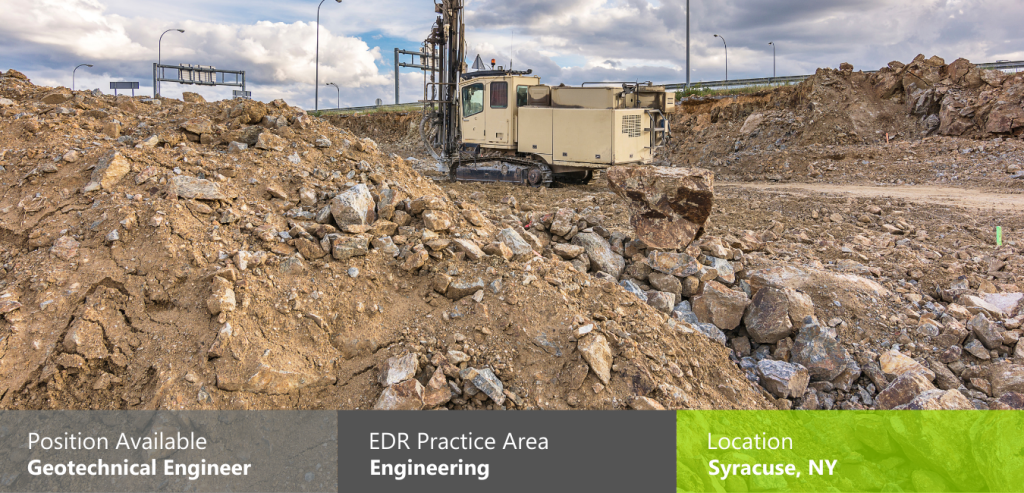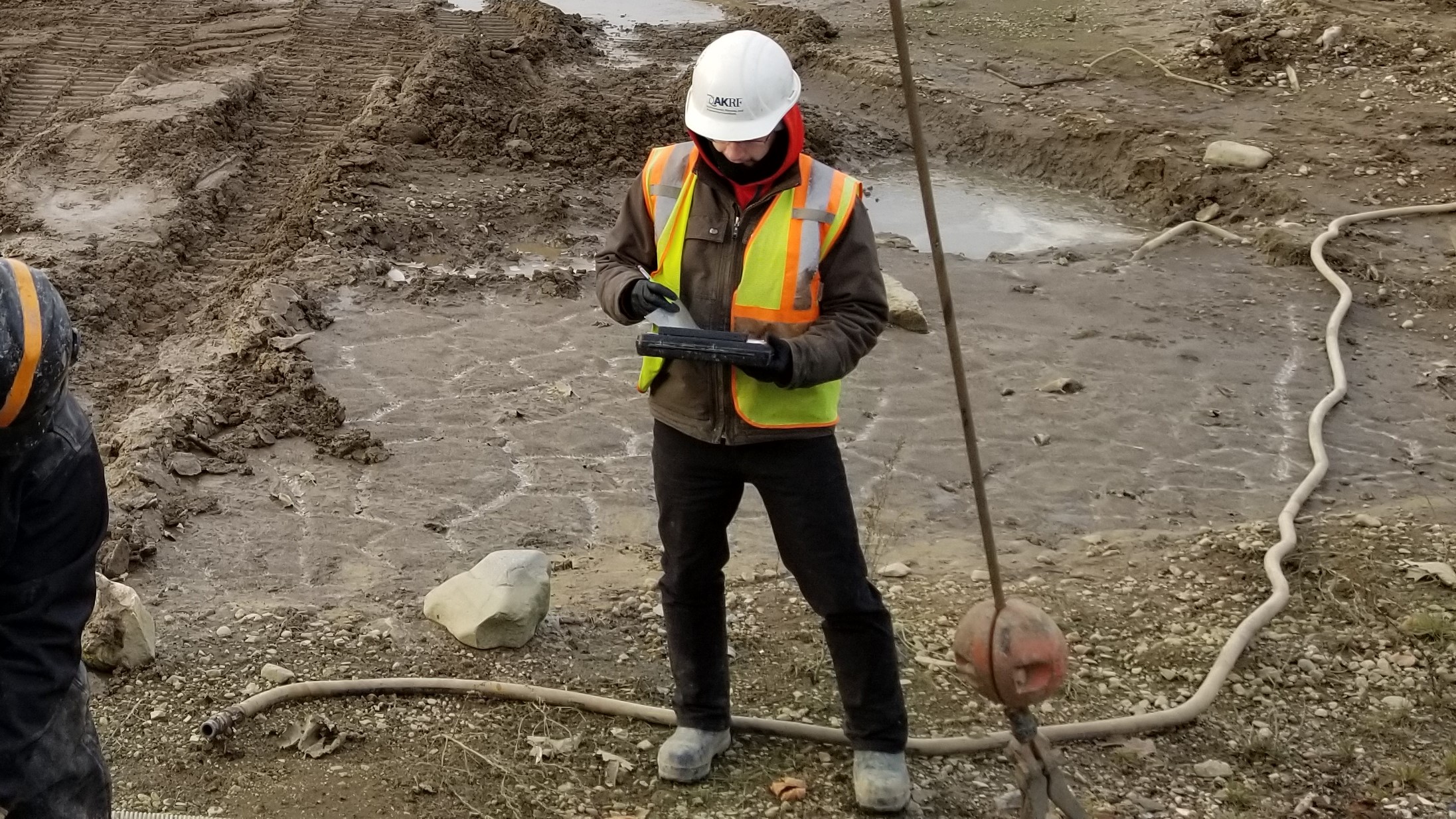Geotechnical Engineering What Is It and Why Is It Necessary for Building Tasks?
Geotechnical Engineering What Is It and Why Is It Necessary for Building Tasks?
Blog Article
A Detailed Review of the Secret Solutions Supplied by Consulting Civil Engineering Professionals in Modern Building
Consulting civil engineering specialists are essential to the success of modern construction jobs, supplying a multifaceted collection of services that attend to numerous difficulties. From carrying out thorough site evaluations and expediency research studies to guaranteeing compliance with rigid regulatory structures, these professionals prepared for secure and sustainable development. Their competence prolongs to structural style and task monitoring, which are vital for achieving prompt and affordable results. As the complexity of building jobs remains to progress, understanding the complete range of services they offer comes to be increasingly necessary for stakeholders. What effects does this have for the future of building methods?
Site Assessment and Usefulness Research Studies
When beginning on any kind of building and construction job, understanding the website's qualities is crucial, as it straight influences the feasibility and style of the growth. Site evaluation and expediency researches are vital elements of the pre-construction stage, making it possible for stakeholders to make educated decisions. These research studies involve a comprehensive analysis of the physical, ecological, and regulatory elements of the website.

Usefulness studies prolong past the physical attributes, encompassing economic and social factors to consider. This includes cost price quotes, prospective return on financial investment, and neighborhood influence assessments. By incorporating these aspects, civil engineering professionals can provide an alternative view of the website's feasibility for the desired advancement. Inevitably, extensive website assessments and expediency studies prepared for effective task execution, reducing dangers and enhancing source appropriation.
Structural Style and Analysis
Adhering to a thorough site assessment and feasibility research, the following essential phase in the construction procedure is architectural design and analysis. This essential solution involves the advancement of structural systems that make certain the safety, longevity, and economic stability of a task. Consulting civil engineers use innovative approaches and software to examine loads, anxieties, and material homes, ensuring that styles follow appropriate codes and criteria.
Architectural style incorporates different components, including beams, columns, foundations, and bearing walls. By using principles of mechanics and product scientific research, engineers produce structures that can stand up to environmental pressures such as wind, seismic task, and snow loads. The analysis phase entails precise estimations to forecast the habits of these structures under different conditions, ensuring they can do as meant throughout their life expectancy.
Additionally, seeking advice from designers work together closely with architects and various other stakeholders to integrate structural elements visually and functionally. The deliverables commonly consist of thorough illustrations, specifications, and comprehensive records that facilitate the construction process. Ultimately, efficient structural layout and analysis are essential in minimizing risks, enhancing sources, and achieving successful job results in modern-day construction.
Project Monitoring and Coordination
Reliable job administration and control are vital parts of successful civil design services, making sure that building projects are delivered on schedule, within spending plan, and to the called for top quality requirements. Consulting civil designers play a vital function in coordinating various job components, from initial planning via to forecast completion. This entails not just the technological facets of style and building and construction however additionally the critical administration of timelines, stakeholders, and sources.

In addition, civil engineering specialists stress the value of documentation and reporting throughout the job lifecycle - geotechnical engineering in south africa. By keeping accurate documents, they ensure openness and accountability, which cultivates depend on among all events involved. Inevitably, competent task monitoring and coordination lead to boosted job results, aligning with client assumptions and adding to the total success of the building and construction endeavor
Regulatory Compliance and Permitting
Successful task monitoring lays the foundation for resolving governing compliance and permitting needs in civil design tasks. Guaranteeing adherence to neighborhood, state, and federal laws is crucial for the successful implementation and completion of any type of building undertaking. Consulting civil design experts play an essential function in navigating the facility landscape of governing structures and permitting procedures.
These experts are fluent in zoning laws, building codes, ecological regulations, and safety and security requirements that control building and construction methods. They conduct thorough assessments to recognize all applicable laws, ensuring that tasks abide by required legal needs. By teaming up with governmental firms and stakeholders, consulting designers assist in the permitting process, streamlining authorizations and lessening delays.
Furthermore, they prepare and send the requisite documentation, such as website plans, environmental influence evaluations, and design records. This positive technique not only cultivates conformity but also boosts task expediency and sustainability. Inevitably, reliable governing compliance and allowing are necessary parts of a successful civil engineering task, safeguarding both the setting and public well-being while adding to the total stability and success of building efforts.
Lasting Style Practices
Sustainable style techniques are increasingly identified as essential parts in civil engineering, with a concentrate on lessening environmental effect while maximizing resource performance. These practices incorporate a variety of techniques focused on promoting environmental balance and lowering the carbon impact of construction projects.
One key aspect of lasting design is the combination of renewable energy resources, such as solar and wind, right into building layouts. This not only minimizes dependence on fossil gas yet likewise enhances long-term cost financial savings. Additionally, the use of lasting products, consisting of rapidly renewable or recycled sources, plays a significant duty in reducing waste and conserving natural deposits.
Water management methods, such as rain harvesting and efficient watering systems, are also essential in sustainable style. These techniques help in reducing water consumption and protecting regional water ecosystems. Furthermore, ecologically sensitive website planning ensures minimal disruption to the natural landscape and advertises biodiversity.
Consulting civil engineering professionals contribute in carrying out these sustainable layout practices. Their know-how enables for the execution of innovative services that align with both regulative needs and customer goals, eventually adding to a more lasting developed setting.
Final Thought
In recap, speaking with civil engineering specialists geotechnical engineering in south africa supply crucial solutions that underpin the success of modern construction jobs. Through precise website evaluations, ingenious architectural design, effective task administration, adherence to governing criteria, and the implementation of lasting methods, these specialists add to the creation of risk-free, efficient, and eco accountable developments. The combination of these key services not only boosts project results however also promotes a lasting future in the building and construction market.
Efficient job monitoring and coordination are vital components of successful civil design solutions, making certain that construction jobs are supplied on time, within budget, and to the required high quality requirements. Consulting civil engineers play a vital duty in coordinating numerous project components, from first planning via to project completion. Ultimately, skilled task monitoring and control lead to improved job results, straightening with client assumptions and contributing to the general success of the building and construction endeavor.

Report this page